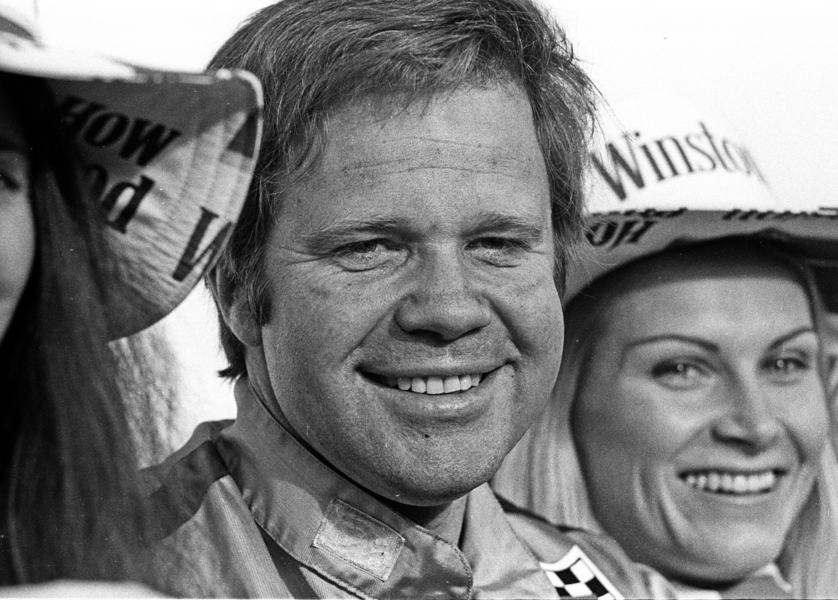
Mark Donohue was unique in the racing community. The son of a lawyer in Summit, New Jersey, Donohue was a graduate engineer from Brown University. To him, the challenges of auto racing boiled down to problems that could be solved by scientific analysis.
Donohue obviously was able to put his conclusions into practice, as he chalked up an outstanding record of achievements in his racing career. His 29 career victories and 10 wins in a single season (1968) in SCCA Trans-AM racing have never been equaled.
Donohue was hot out of the chute in his first year of competition, capturing a SCCA National Championship. He eventually went on to add six more national championships to his record in sports club racing.
The high banked oval was Donohue's next challenge, and he made his debut there in the 1966 Daytona Continental, as part of the Ford factory team. Driving for the first time at speeds over 200 mph, Donohue's performance would have satisfied a veteran, let alone a rookie; a third place at Daytona. He followed with a second place finish at Sebring in his Mustang.
The same year, Donohue was invited to join forces with Roger Penske. It would become one of the most successful owner-driver associations in the history of the sport. Driving in both the USRRC and Can-Am series, Donohue finished the season, number two in Can-Am, behind John Surtees.
Donohue was on a roll. The next two years (1967-68) saw him take honors as U.S. Road Racing Champion. Ford had a tight grip on the TransAm series, but in 1968, running a Penske-prepped Chevrolet Camaro, Donohue showed the others his tail lights, taking 10 of the 13 races.
Turning his sights on the Indianapolis 500, Donchue's first time out in 1969 saw him honored as Rookie of the Year when he finished seventh. The following year he came home second. In 1972, Donohue finally made it to Victory Lane at the Brickyard.
Mark helped Porsche establish a place in the high echelons of American racing in 1973 when he drove his 917/30 to the Can-Am championship. His six victories in eight events crushed the competition.
Donohue went into retirement after the 1973 season, but was convinced that a solid effort in Formula One could win the championship. He began an assault in 1975 on the Formula One Grand Prix circuit. Mark's career was tragically cut short in a crash during practice for the Austrian Grand Prix that year.